Cervical cancer remains a major global health challenge, ranking as the fourth most common cancer in the world with an estimated 604,000 new cases and 341,800 deaths each year. Alarmingly, 84% of these cases and 86% of the deaths occur in low- and middle-income countries, including Ghana.
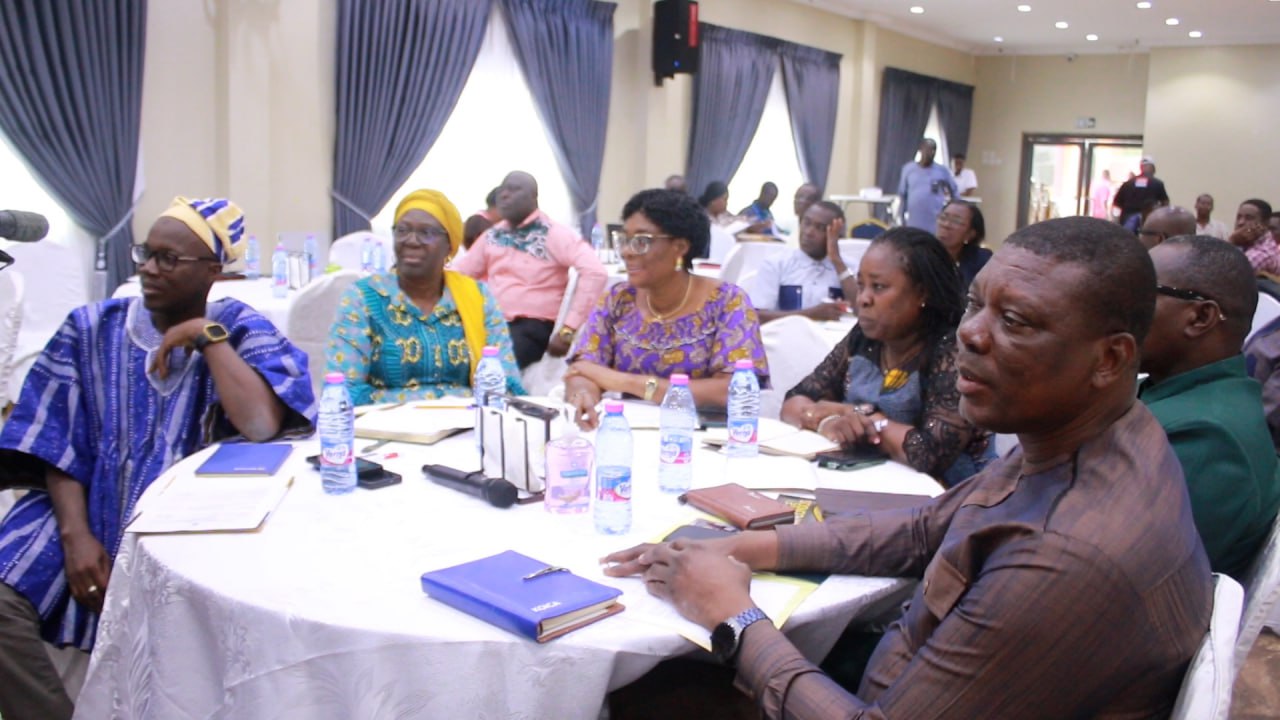
In Ghana, cervical cancer is the second most common cancer and the second leading cause of cancer-related deaths among women.
According to statistics, nearly 2,800 new cases and 1,700 deaths were recorded in 2020 alone. Health experts indicate that around 70% of women diagnosed with the disease in Ghana are already in the advanced stages, leading to low survival rates—ranging from 95% in stage I to just 15% in stage IV.
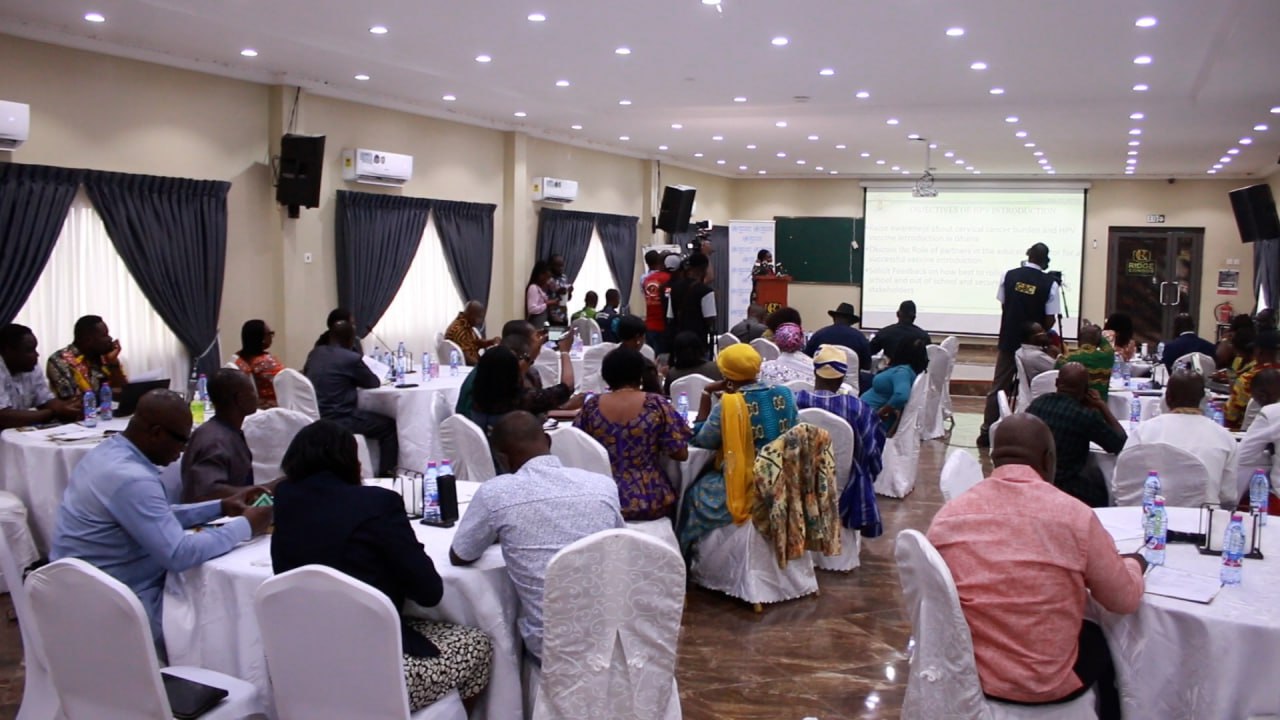
In a renewed effort to combat this deadly disease, the Ghana Health Services (GHS) and Education Education Service (GES) with support from World Health Organization (WHO), and other stakeholders, has held an engagement session with key partners.
These include GES Directors, Private School Associations, School Health Education Programme (SHEP) Coordinators, and media personnel.
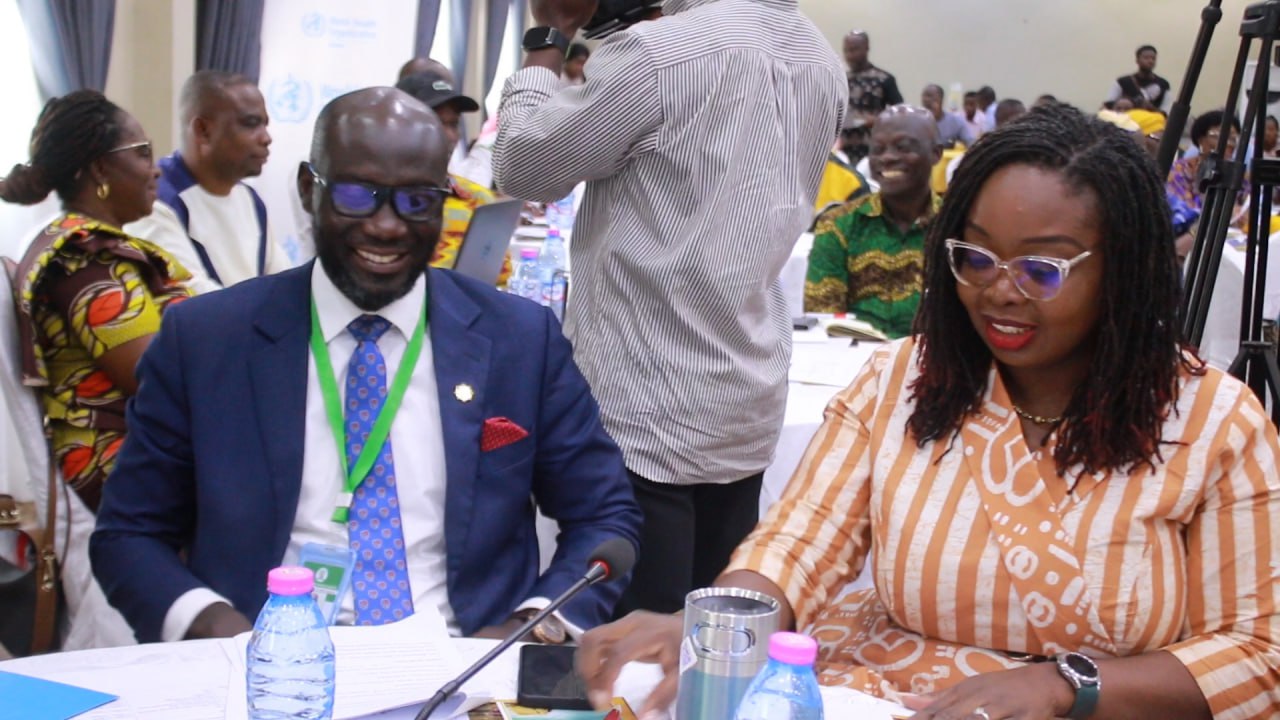
The aim was to educate them on the Human Papillomavirus (HPV), its connection to cervical cancer, and the national HPV vaccination rollout planned to begin in September 2025.
Dr. Selorm Kutsoati, the Acting Programmes Manager of the Expanded Programme on Immunization (EPI) at the Ghana Health Service, explained the approach being adopted for the nationwide rollout.
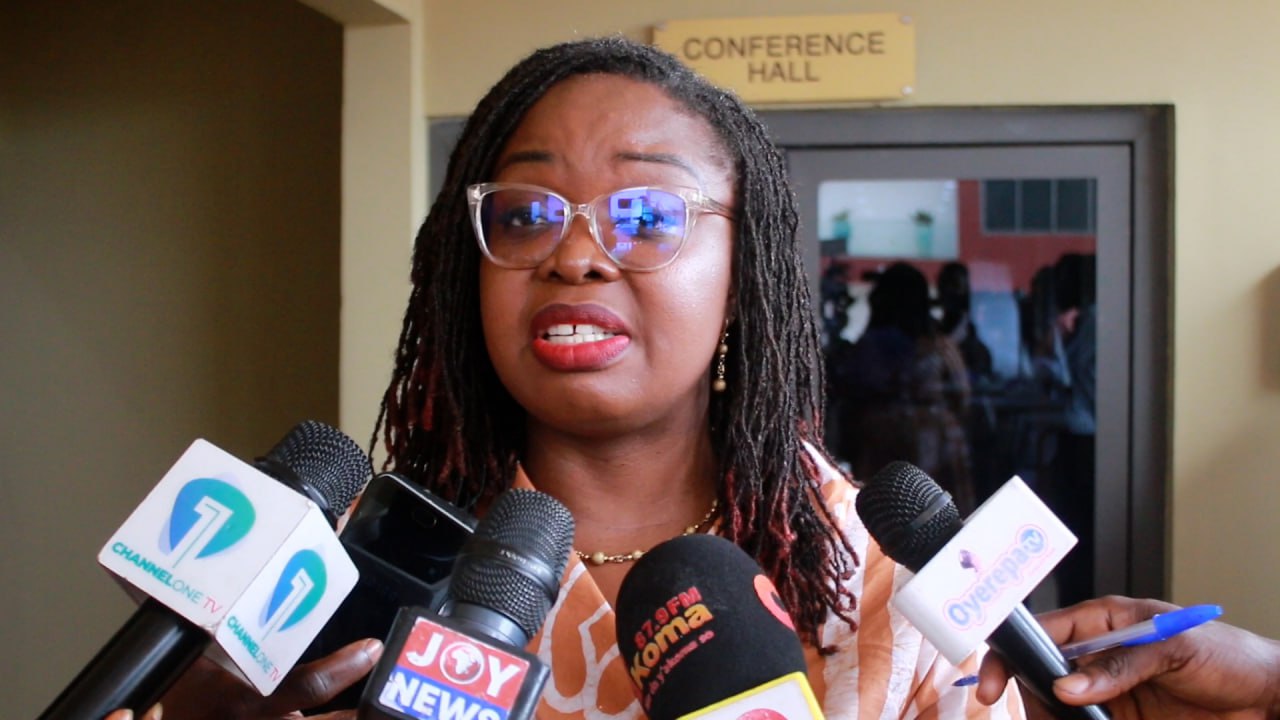
“We are going to implement both a campaign and routine vaccination programme. Our target is girls aged 9 to 14 years during the campaign, and 9-year-old girls for the routine immunization,” she stated.
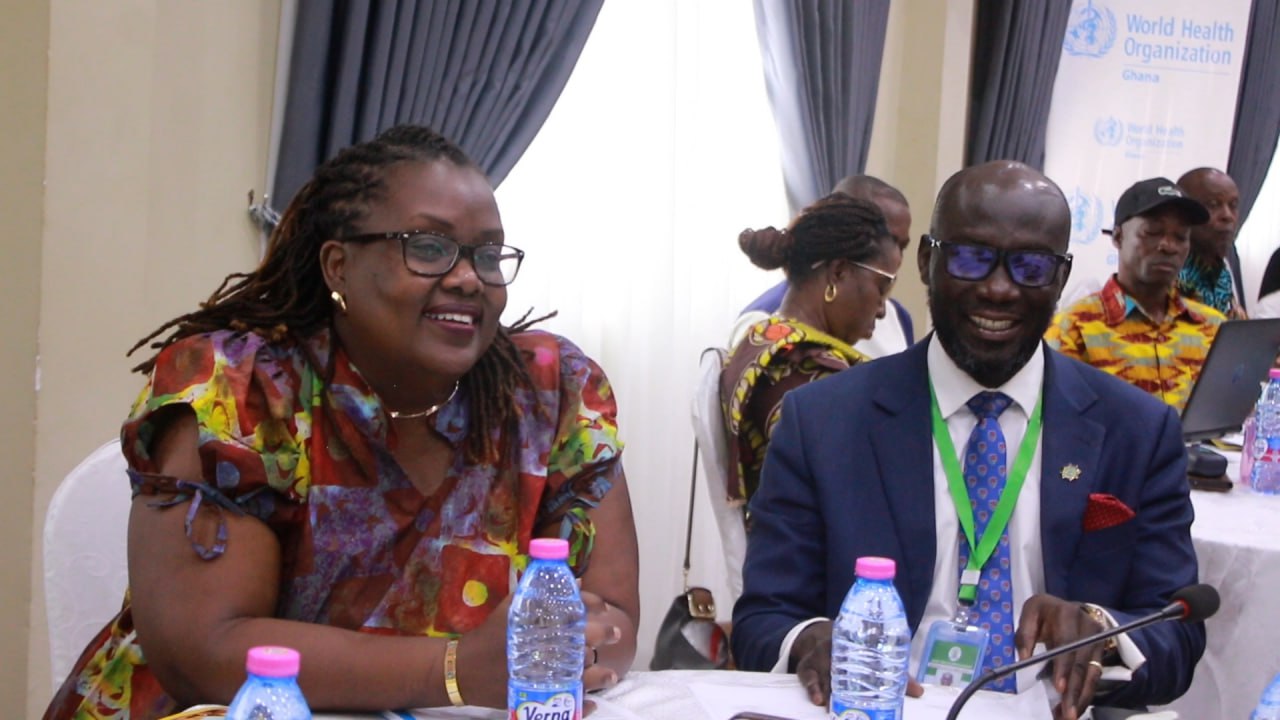
The WHO’s global strategy aims to eliminate cervical cancer as a public health problem. Its 2030 targets include fully vaccinating 90% of girls with the HPV vaccine by age 15, screening 70% of women with a high-performance test by age 35 and again by age 45, and ensuring 90% of women diagnosed with cervical disease receive appropriate treatment.
Dr. Fred Adomako Boateng, Ashanti Regional Health Director, highlighted the critical role of the education sector in the success of the campaign.
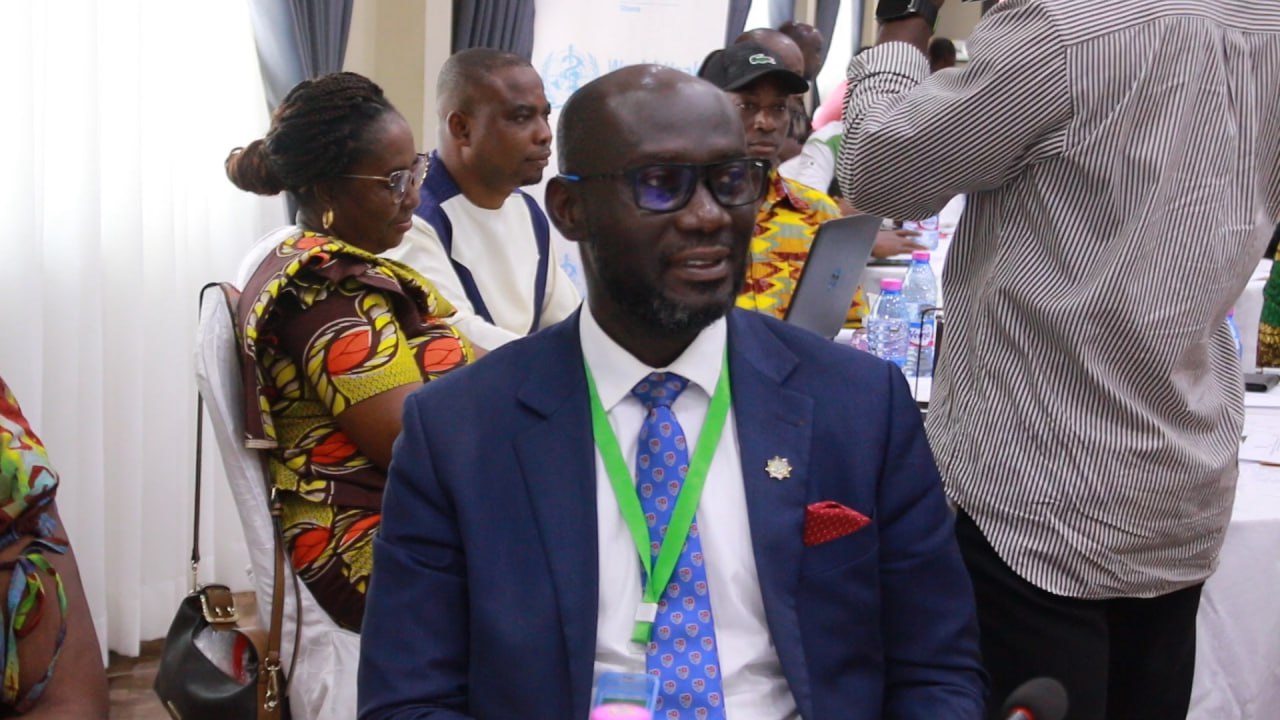
“We expect the Ghana Education Service to support awareness creation, make schools and other educational centres available as vaccination sites, and assist with pre-registration of eligible girls,” he noted.
He further urged, “Inform caregivers about the dates the vaccination teams will be in schools—starting from September 2025—and support the monitoring and reporting of any adverse events following immunisation to the health authorities or the Food and Drugs Authority.”
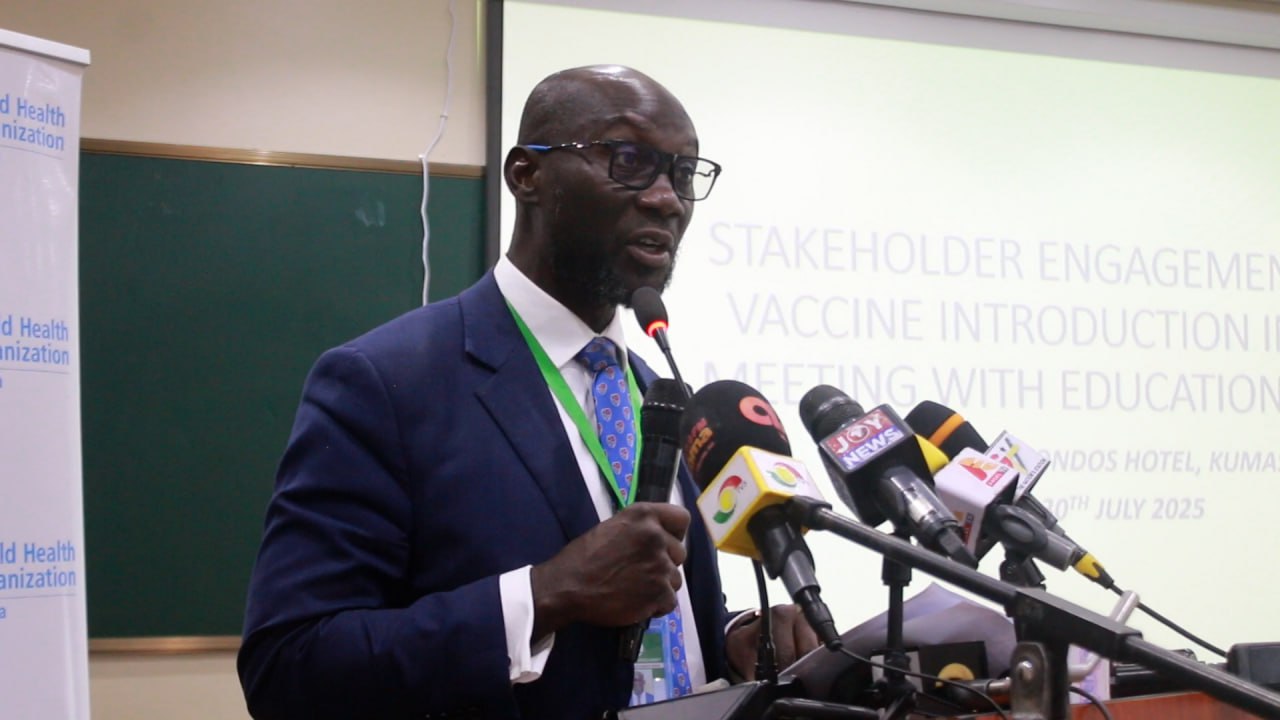
As Ghana joins the global push to eliminate cervical cancer, such partnerships between the health and education sectors will be vital to reaching and protecting thousands of young girls from this preventable disease.
By; Nana Yaw Owusu (0240782639).





